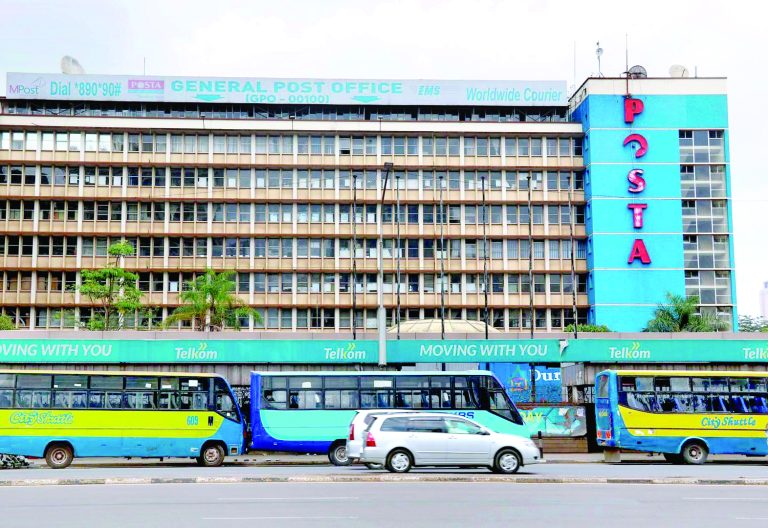Drought hits meat quality in Kajiado

A section of public health officers and veterinary doctors have raised concerns over the safety of meat during this drought season as animal diseases increase due to low immunity. According to experts, emaciated cattle are unfit for human consumption and should not be slaughtered.
Africa Veterinary Technicians Association said that some rogue meat dealers are taking advantage of the ravaging drought in most parts of the country to purchase cheap weak cattle which they illegally slaughter and sell in butcheries to unsuspecting beef consumers.
The association senior officer Benson Ameda said the major market for the meat is Nairobi County. Ameda said the level of the meat PH is too high and the meat shelf life is limited to six hours.
“When animals are weak they should not be slaughtered because they lack energy and enough glycogen. Without enough glycogen, the carcass lacks acids, making the PH too high and the carcass prone to attacks by organisms,” he added.
Ban slaughter
In Kajiado County, farmers have set regulations that ban the slaughter of emaciated cattle. The move has come in handy given the tens of brokers who buy the dying animals for the” black market’’.
“We are more focused on meat quality and despite experiencing severe drought we cannot allow the compromise of meat. Kajiado is known for best quality meat and we are very keen to tame any rogue persons from slaughtering poor quality and unhealthy animals,’’ said William Kasio, chairman of Kitengela slaughterhouse.
Kajiado hay growers co-operative society secretary Paul Ncheke said the society has been at the forefront urging farmers to keep records of hay in order to trace and blacklist rogue persons selling contaminated feed.
“ Farmers are desperate and use all means to acquire animal feed to sustain their livestock. However, it is important for every farmer to be vigilant and responsible to trace the origin of the feed and also keep records for tracing purposes,” he Nchake said.















